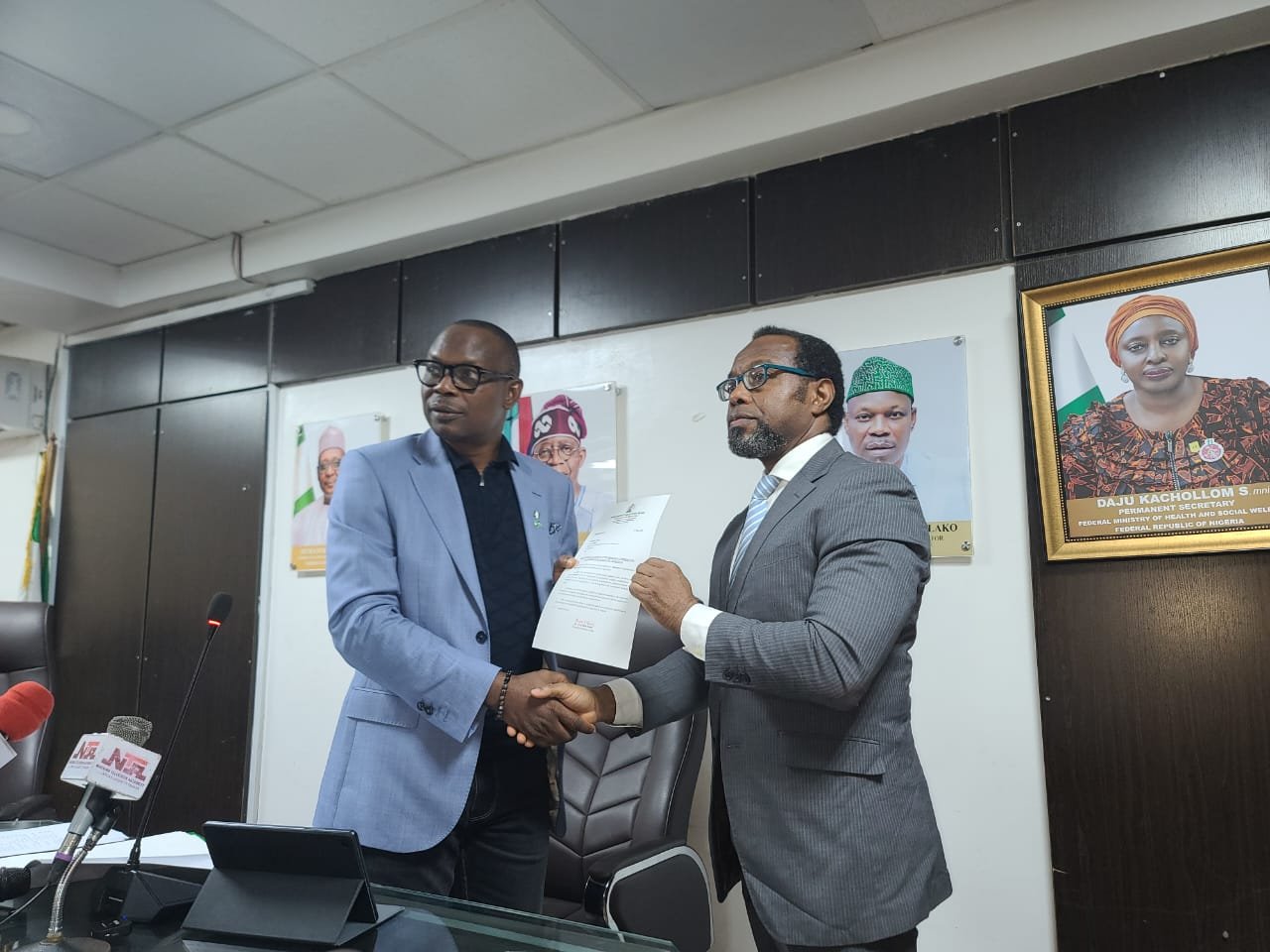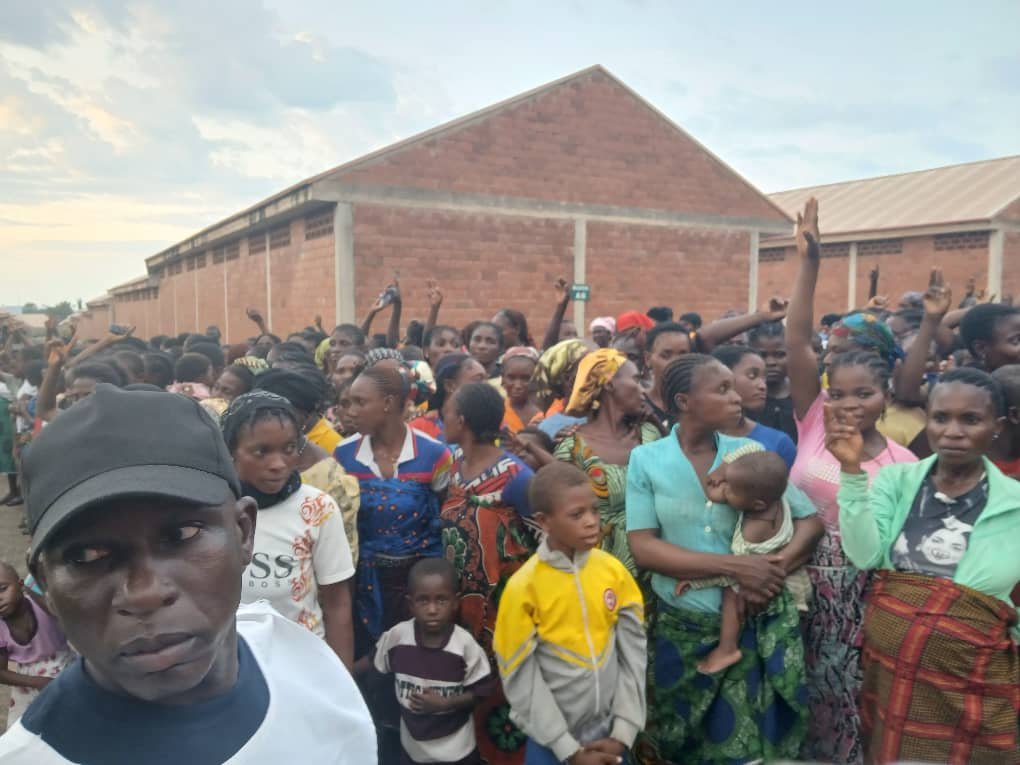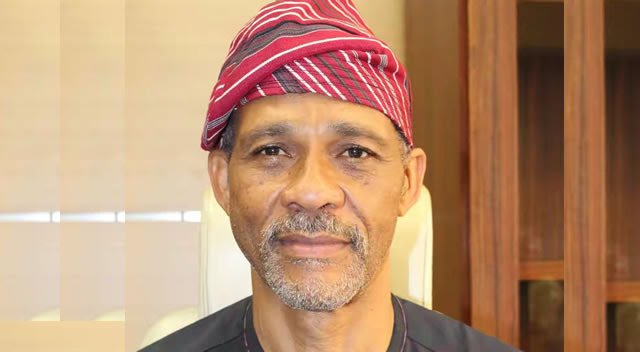Juliet Jacob and Korede Abdullah in Lagos
In a bold move to diversify Nigeria’s economy and strengthen its healthcare system, the Federal Government has inaugurated a Ministerial Committee aimed at transforming traditional herbal knowledge into commercially viable products.
Potential of the Phytomedicine Value Chain
The initiative, spearheaded by the Federal Ministry of Health and Social Welfare, focuses on unlocking the potential of the phytomedicine value chain—a sector rich in indigenous medicinal resources but long overlooked in national development planning.
Speaking during the inauguration, on Monday, the Minister of State for Health and Social Welfare, Dr. Iziaq Adekunle Salako, said the effort marks a “defining moment” in Nigeria’s drive to reposition healthcare and tap into the country’s biodiversity for economic and health-related gains.
“This is a transformative effort to harness Nigeria’s rich biodiversity for both health and economic growth,” Dr. Salako stated. “Today marks a defining moment in our collective commitment to reposition healthcare and unlock the immense potential of our indigenous medicinal heritage.”
The Phytomedicine Value Chain Initiative aims to elevate traditional medicine to international standards by converting ancestral knowledge into industrial-scale herbal products. According to Dr. Salako, the initiative holds the promise of job creation across multiple sectors—ranging from conservation and cultivation to production and export.
“This effort could create jobs across conservation, cultivation, production, and export sectors, while positioning Nigeria as a key player in the rapidly expanding global herbal medicine market,” he added.
The newly established committee is tasked with drafting a commercialization framework, identifying promising herbal products, recommending relevant policy reforms, and promoting collaboration among research institutions, traditional medicine practitioners, and private investors.
Aligning Traditional Medicine Practices
The Ministry reiterated its commitment to aligning traditional medicine practices with World Health Organization (WHO) standards, ensuring both safety and efficacy as the country moves toward integrating phytomedicine into mainstream healthcare delivery.
The committee is expected to deliver actionable recommendations within a set timeline, laying the foundation for a sustainable, regulated, and economically viable phytomedicine industry that supports universal health coverage and enhances national economic resilience.
Developing A Comprehensive Framework
The committee is tasked with developing a comprehensive framework for bringing Nigeria’s phytomedicinal resources to the mainstream market. This includes identifying commercially viable medicinal products, establishing partnerships between traditional healers and researchers, and proposing regulatory reforms.
A Socio-Economic Policy
“This is not just a health policy; it is also a socio-economic policy,” the Minister emphasized, noting that the initiative aligns with the government’s goals of universal health coverage and job creation.
With Nigeria’s biodiversity and indigenous medical knowledge largely untapped, the new committee aims to transform these assets into economic value and improved health outcomes.
“Nigeria cannot afford to remain a net importer of health products while our indigenous knowledge systems and natural wealth lie dormant,” the Minister said.
He urged the committee to act boldly and swiftly, stating, “Let us be bold in our vision and resolute in our actions. The world is moving rapidly toward the integration of traditional and modern medicine. Let Nigeria not lag behind — let us lead.”
COMPOSITION COMMITTEE OF THE MINISTERIAL
- a) Dr Obi Adigwe (Director General, NIPRD)-Chairman
- b) Director (TCAM), FMOHSW-Co-Chair
- c) Medicines and Phytomedicines Manufacturers Representatives
- d) Traditional Medicines Practitioners Representative
- e) World Health Organisation (WHO) Representative
- f) Development Partners Representatives (World Bank)
- g) Academia (ACEPRD, Unijos)
- h) Presidential Initiative for Unlocking the Healthcare Value Chain (PVAC) Rep
- i) National Institute for Medical Research (NIMR) Representative
- j) National Forestry Research Institute (FRIN) Representative
- k) Pharm. Olalekan Asuni
1) Dr. Adeola Adeyeye
- m) Senior Technical Assistant to the HMSH
- n) Technical Assistant to the HMSH
- o) SA (Biosafety) to the HMSH-Secretary



